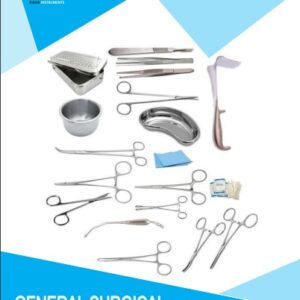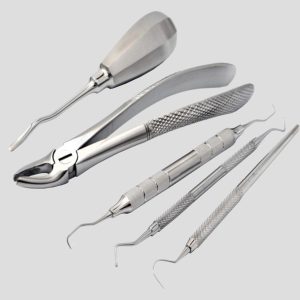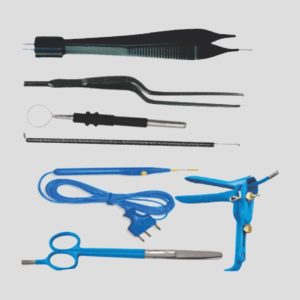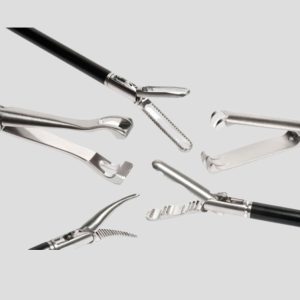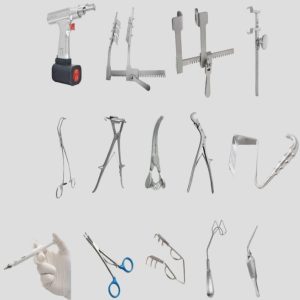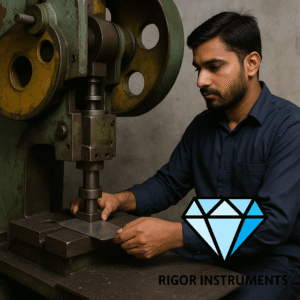
Importance of Hole Punching in Surgical Instruments Manufacturing
Hole punching, is a critical process in the production of surgical instruments, especially those that require assembly, fastening, drainage, or precision alignment. hole punching involves creating accurately sized and placed holes in stainless steel components using mechanical or hydraulic punch presses.
Why Hole Punching Matters
1. Assembly & Fastening
Holes are used to join multiple parts with rivets, screws, or pins.
Crucial in instruments like scissors, forceps, rongeurs, where pivot points and joints are needed.
2. Drainage & Cleaning
Some surgical tools (e.g. cannulas, retractors) have drainage holes to allow fluid flow or for sterilization access.
Promotes hygiene, prevents fluid retention, and supports efficient autoclaving.
3. Ergonomics & Weight Reduction
Holes are sometimes added to reduce instrument weight without compromising strength.
Enhances handling comfort for surgeons during long procedures.
4. Precision & Alignment
Accurately punched holes ensure exact alignment during:
Assembly of multi-part tools
Mounting on surgical trays or racks
Integration with other surgical systems
5. Instrument Functionality
Some instruments like biopsy punches or skin punch tools rely directly on the punched hole itself for their medical function.
Hole Punching Methods at Rigor Instruments
Hydraulic Punch Presses – For high-strength stainless steels (420, 440C, 316L)
CNC-Controlled Punching – For precision and consistency in complex designs
Custom Dies & Molds – Tailored for specific instrument models
What Happens If Hole Punching Is Poor?
| Issue | Consequence |
|---|---|
| Misaligned holes | Poor assembly, loose joints |
| Rough or uneven edges | Increased infection risk, poor sterilization |
| Inconsistent hole sizes | Assembly failure, mechanical weakness |
| No drainage holes | Fluid retention, contamination risk |
Rigor Instruments – Key Expertise in Hole Punching
At Rigor Instruments, hole punching is not just a process — it’s a precision-driven skill that plays a vital role in the structural integrity and functionality of surgical tools. Our expertise ensures every punched hole meets strict tolerance, alignment, and surface finish standards required in surgical environments.
🛠 Our Strengths in Hole Punching
High-Precision CNC Punching
We use automated CNC punch presses for unmatched accuracy
Tolerance control up to ±0.05 mm
Suitable for high-grade steels like 420, 440C, 17-4 PH, and 316L
Custom Tooling & Dies
In-house designed dies for customized hole shapes and placements
Supports both round, oval, and slotted holes
Essential for instrument joints, drain holes, and ergonomic designs
Hydraulic & Mechanical Punching Lines
Dedicated machines for both sheet and rod-based blanks
Handles various material thicknesses from 0.5 mm to 10 mm
Integrated Process Flow
Hole punching is seamlessly integrated with shearing, forging, and machining
Ensures perfect alignment and positioning in multi-step assemblies
Quality & Finish
Each punched component undergoes deburring and polishing
Clean edges ensure zero contamination, easy sterilization, and long tool life






